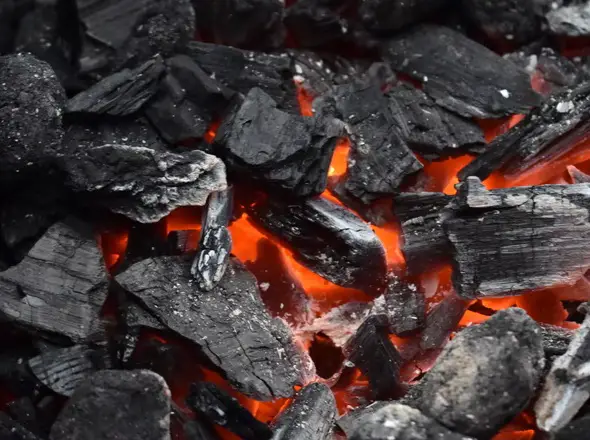On Thursday, Yonhap News Agency, citing the latest data from the country’s Ministry of Trade, Industry and Energy, reported that South Korea paid record sums for its coal and gas imports last year as global energy prices surged due to disruptions in supply flows produced by Russia’s military action in Ukraine.
Gas imports surged to $56.7 billion in monetary terms in 2022, the highest reading ever seen since the government began tracking the data in 1956. In 2014 the previous record of $36.6 billion was set.
Coal imports rose to $28.1 billion, for another all-time high, which handily beat the previous record of $18.3 billion which was set 11 years ago.
Oil imports increased to $105.8 billion last year, which was slightly below the previous 2012 record of $108.3 billion.
South Korea, which relies on imports for most of its energy needs, saw its combined energy imports surge over 40% to $190.8 billion, which was yet another all-time high.
The record growth in these expenditures was not due to surging consumption, but rather was a factor of record high energy prices, produced in part by a disruption of supply flows as sanctions and geopolitical concerns shut Russian energy products out of several portions of the global energy market, and some countries worried they might not be able to get enough energy for the winter, causing a surge of demand as they rushed to fill up their reserves.
Australia was the top supplier of gas to South Korea, with $15.3 billion in shipped volumes last year making up 27% of the nation’s total gas imports. Following behind Australia was the United States, with $11.9 billion, Qatar with $8.5 billion, and Malaysia, with $5.5 billion.
For coal supply, Australia was also the number one supplier, delivering $12.4 billion of coal, which accounted for 44.2% of the nation’s total coal imports. Behind Australia was Russia, with $5.7 billion, Indonesia with $3.5 billion, and Canada with $2.6 billion.

